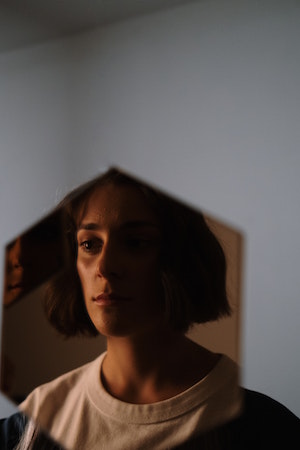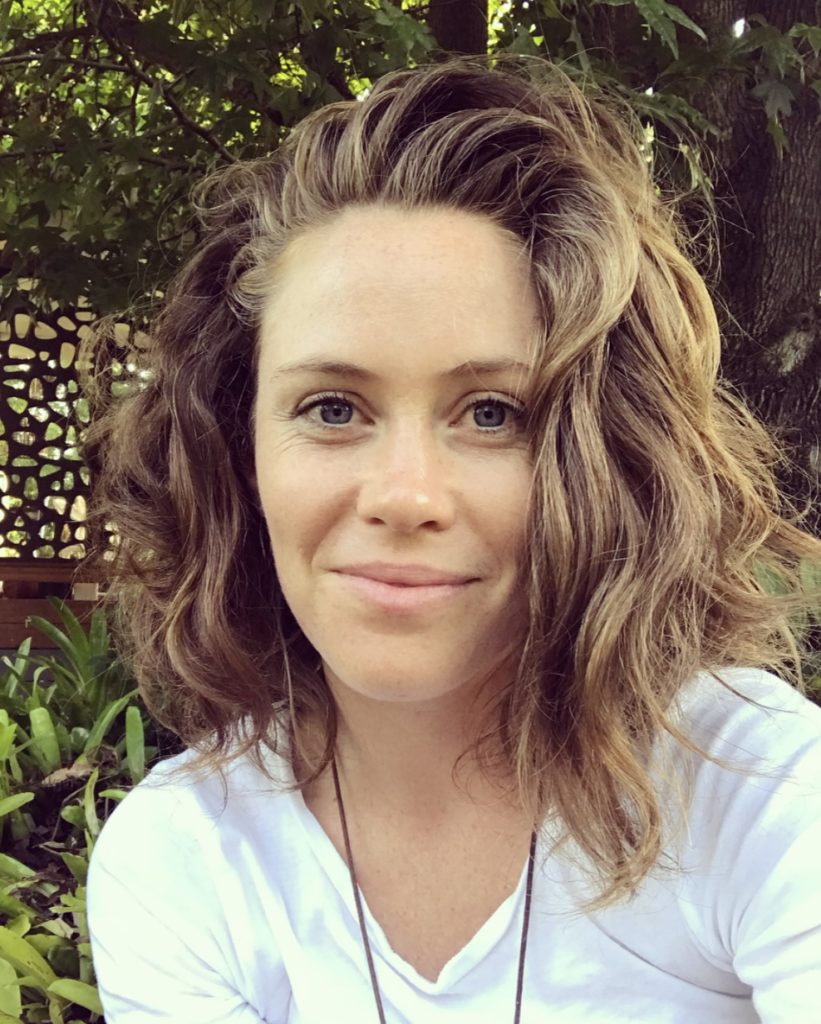
Post Partum Depression
Post Partum Depression
Post Partum Depression includes feelings of deep sadness and emptiness accompanied by fatigue after childbirth. Low energy or even exhaustion after childbirth is completely common and normal that would last about a week. It isn’t just feeling drained after childbirth alone, carrying around all those extra kilograms for months is exhausting, especially if you’re working during pregnancy or you have other children to also look after. However if someone is feeling flat, anxious, crying a lot, experiencing panic attacks, feeling unconnected from their newborn for longer than 2 weeks, then this might be Post Partum Depression.
Symptoms associated with Post Partum Depression can include:
- Feeling overwhelmed, sad or hopeless
- Memory problems or trouble concentrating
- Feeling disconnected from the baby
- Loss of interest or pleasure in activities
- Crying a lot
- Broken sleep which leads to sleeping too little or too much
- Feeling withdrawn from family and friends
- Feeling worthless
- Having feelings of hurting yourself or the baby
- Racing thoughts
- Racing heart rate
- Having no energy or motivation
- Headaches, digestive complaints or other pains in the body
- No appetite
What causes Post Partum Depression?
Post Partum Depression isn’t completely understand but it thought the sudden drop in hormones; progesterone and oestrogen after childbirth has a significant role to play.
Estrogen and progesterone rise to the highest levels during pregnancy then suddenly plummet once the baby is born as the mother doesn’t need to keep feeding the baby via the placenta. The Thyroid gland that is involved with making hormones and regulating metabolism can also fluctuate or drop after childbirth leading to feelings of apathy and sadness.
How Common is Post Partum Depression?
More common than you think. Approximately 1 in 10 woman will experience some level of Post Partum Depression, with varying levels of severity and symptoms.
In very rare cases, Post Partum Psychosis may occur within the first 48-72 hours or up to the first 2 weeks after giving birth. It is considered an episode of bipolar illness with rapid periods or elation and feeling low, delusions or hallucinations.
What can you do to help yourself or a loved one who may be experiencing Post Partum Depression?
Get support. Untreated Post Partum Depression can lead to thoughts of self harm from the mother or further disconnection from the newborn where the mother feels like the baby is not hers. Contacting your doctor or paediatrician is the first step to get support.
Seeking further treatment from an allied health practitioner may also be helpful. Regulating the nervous system with Chinese medicine and Acupuncture, adjusting nutritional deficiencies and correcting hormonal imbalance with herbal medicine safe for breast feeding may be helpful.
Having a child is not easy, so getting the right support for the mother is the first step. You can book an appointment for our Sunshine Coast Acupuncture Clinic or give us a call to have a chat about your healthcare needs.
Phone: 0417 732 213
Further resources In Australia:

Hi, I’m Tanya Keam, an AHPRA registered Acupuncturist and integrative health practitioner in Nambour in the Sunshine Coast hinterland, Queensland Australia.
I practice Chinese medicine because its safe, logical, relevant and has effectively shown methods of natural wellness for thousands of years (read more about my training here). Life doesn’t need to be complicated and nor does the treatment approaches to get people feeling vibrant and well. I’ve seen people gain a lot from treatments, much more than just alleviating symptoms. It’s exciting to connect with people and share deep wisdom from the classics of ancient and traditional medicine, with modern protocols for todays mind-body living. See you in the clinic !
